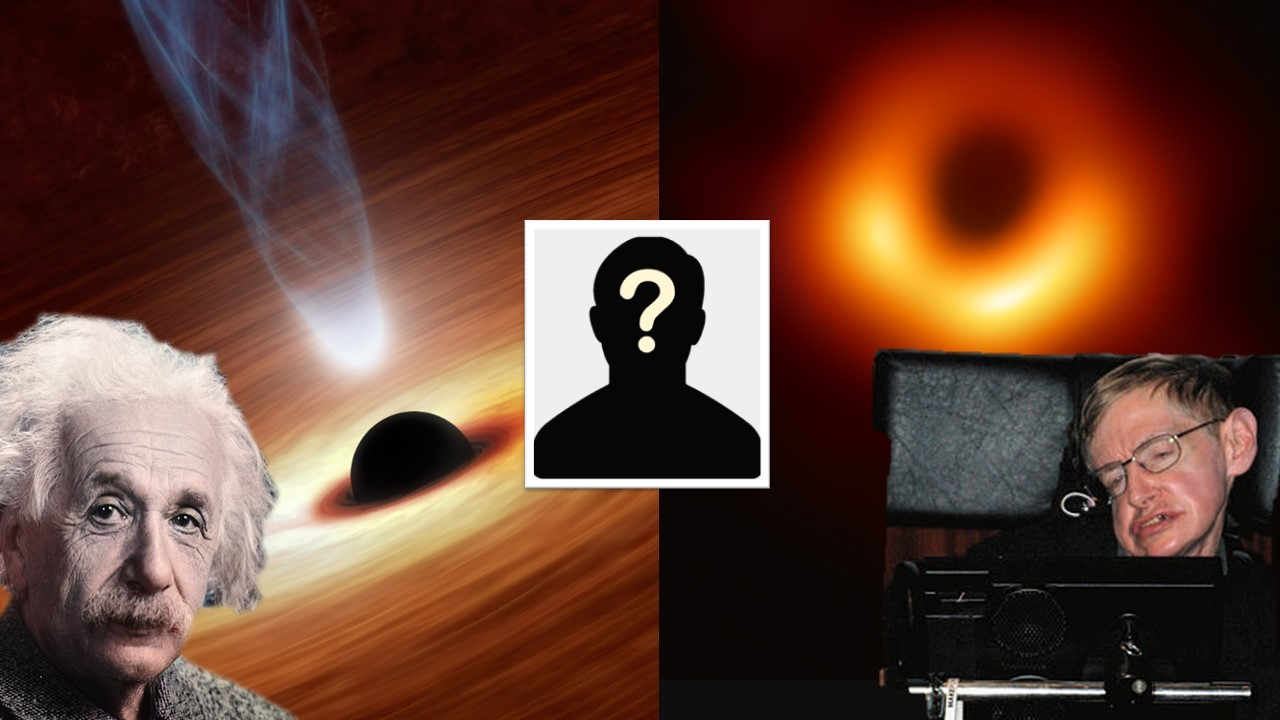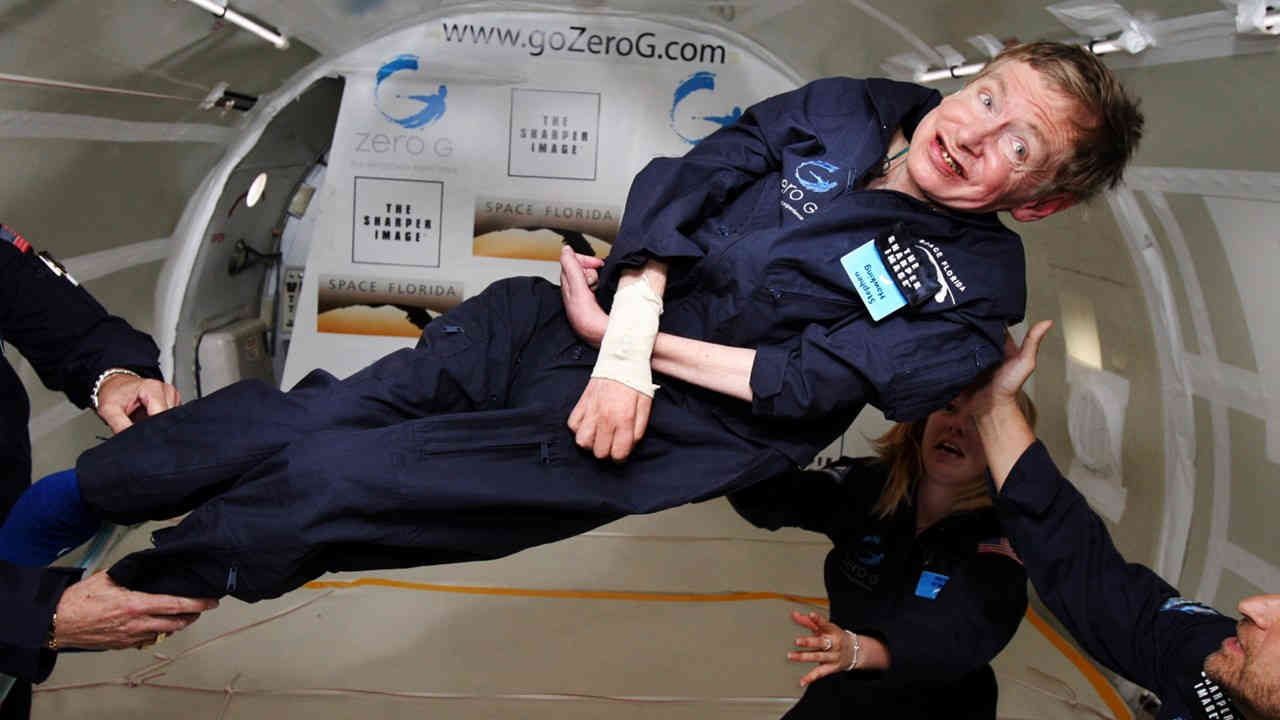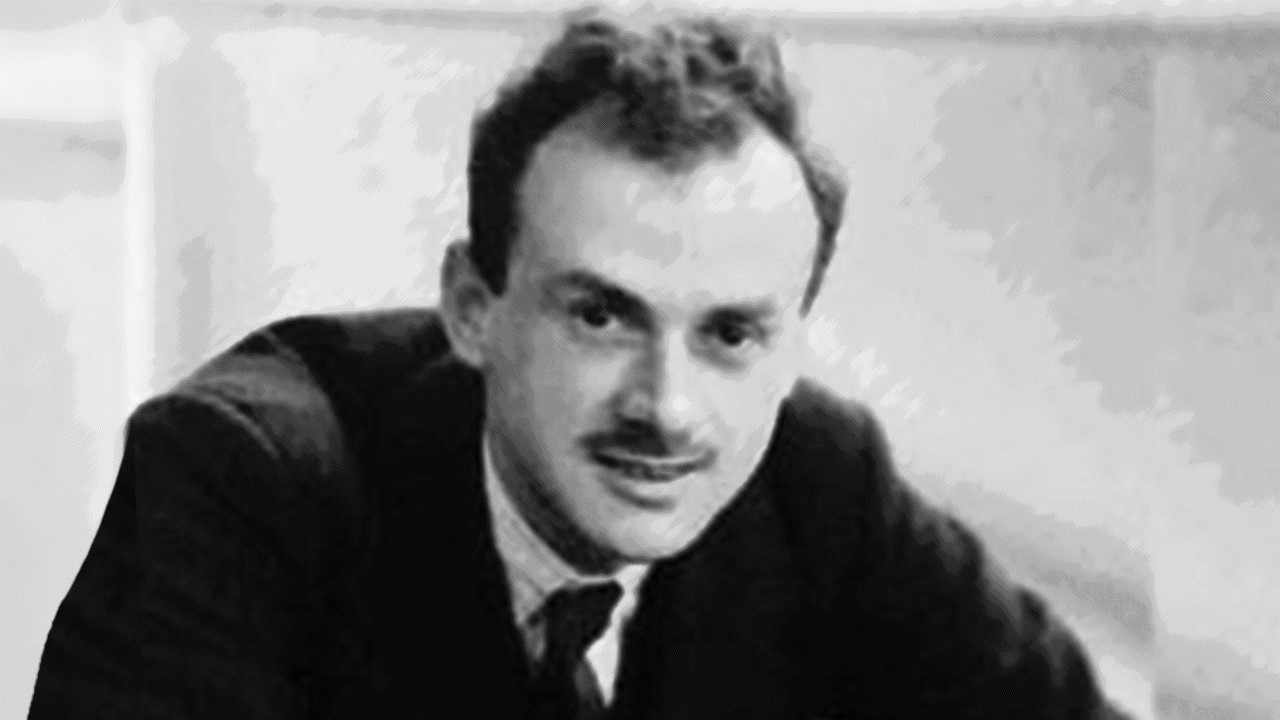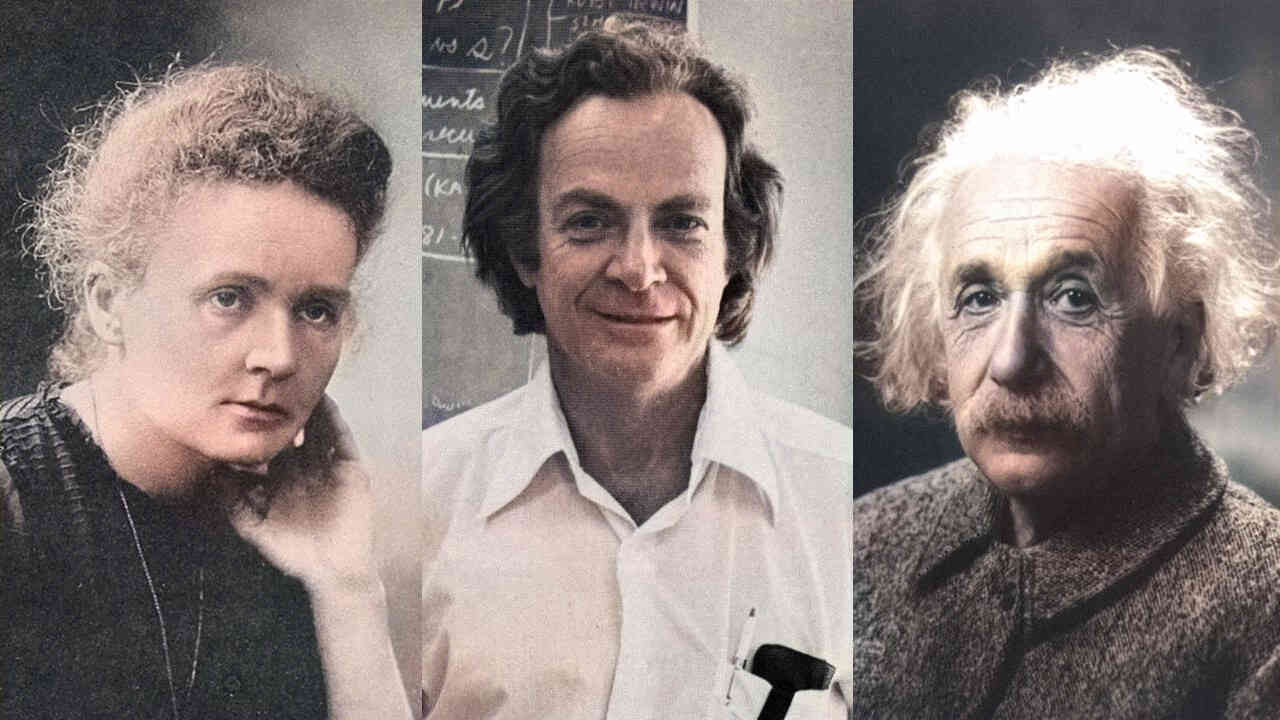
1. Peter Buck
2. Akio Morita
3. Robert Noyce
4. Cecil Howard Green
5. Ray Dolby








Robert Oppenheimer was an American physicist who is often called the father of the atomic bomb. Despite making significant contributions to the fields of quantum mechanics and astrophysics, Oppenheimer is famously remembered for his role in the Manhattan project.
From an early age, Oppenheimer was interested in arts and sciences. He wrote poetry and enjoyed solving physics problems. In a letter to his bother, dated 14 October 1929 Oppenheimer admitted: "It is occasionally true, that I need physics more than friends."
Oppenheimer is also known as a defender and promoter of science in the post war world. He toured Europe and Asia, giving lectures on the history of science, the role of science in society and the nature of the universe.
Regarding his part in the Los Alamos laboratory, Oppenheimer said: "You cannot stop such a thing if you are a scientist. It is good to find out how the world works. It is good to turn over to mankind the greatest possible power to control the world, and to deal with it according to its lights and its values."
At the same time, Oppenheimer was aware of the increasing political misuse of scientific discoveries, which is why, he joined Albert Einstein and Bertrand Russell in establishing the World Academy of Art and Science. It was started to discuss the major concerns of humanity.

Following are five quotes by J. Robert Oppenheimer on science:
1. Science is not everything, but science is very beautiful. (last published words, 1966)
2. There is no place for dogma in science. The scientist is free, and must be free to ask any question, to doubt any assertion, to seek for any evidence, to correct any errors. (1949)
3. Science is the basis for radically new technological developments. Most people, when they think of science as a good thing, when they think of it as worthy of encouragement, have in mind that the conditions of their life have been altered just by such technology, of which they may be reluctant to be deprived. (1948)
4. It is a profound and necessary truth that the deep things in science are not found because they are useful; they are found because it was possible to find them.
5. Science starts with a preconception, with common sense. It moves on to observation, is marked by the discovery of paradox, and is then concerned with the correction of preconception. It moves then to further observation and for more refined experiment. (1958)
Oppenheimer was a polymath who obtained a PhD degree aged only 23, under the guidance of physicist Max Born. He served as the director of the Institute for Advanced Study in Princeton, where Einstein was a resident scholar.
Under his directorship, Oppenheimer brought together the most brilliant minds of his time such as Bohr, Fermi, Dirac, Bethe and Feynman. In 1963, Oppenheimer was recognized by the president of United States with Enrico Fermi award.
A biographical film by Christopher Nolan is scheduled to be released this year, starring actor Cillian Murphy as Robert Oppenheimer. It is based on the book, American Prometheus: The Triumph and Tragedy of J. Robert Oppenheimer.



Niels Bohr was a Danish physicist who made pioneering contributions to understanding atomic structure and quantum theory, for which Bohr was recognized with a Nobel Prize in 1922. Bohr was an active participant in the new quantum theory revolution that shook the foundations of classical physics.
Einstein, who was not ready to accept Heisenberg's uncertainty principle, as one of the cornerstones of modern physics, commented: God does not play dice with the universe. Bohr made peace with the uncertainty principle by developing the principle of complementarity.
According to complementarity, particles have certain pairs of interdependent properties that cannot all be observed or measured simultaneously. For example: position and momentum make such a pair.
Bohr regarded complementarity as an essential feature of quantum mechanics. It is said that Bohr replied to Einstein, who preferred the determinism of classical physics over the probabilistic new quantum physics: (1) "Stop telling God what to do."
In 1920, Bohr met Heisenberg for the first time. Bohr said, (2) What is it that we humans depend on? We depend on our words... Our task is to communicate experience and ideas to others. But when it comes to atoms, language can be used only as in poetry. The poet, too, is not nearly so concerned with describing facts as with creating images and establishing mental connections.
Some physicists depended on mathematical analysis to make sense of the quantum world. However, Bohr was not satisfied. (3) Even the mathematical framework helps nothing, I (Bohr) would first like to understand how Nature avoids the contradictions. (1927)
Bohr said further: Our experience in recent years has brought light to the insufficiency of our simple mechanical conceptions and, as a consequence, has shaken the foundation on which the customary interpretation of observation was based.
We can still use the objectifying language of classical physics to make statements about observable facts. But we can say nothing about the atoms themselves.

In the 1927 Solvay conference, Bohr and Einstein went head-to-head on the metaphysical and philosophical implications of quantum mechanics. Two legends, one defending the new-age probabilistic physics and another fighting for classical determinism. At the end, it was Bohr who emerged victorious and successfully established the probabilistic character of quantum measurement.
Niels Bohr wrote in 1934: (4) Isolated material particles are abstractions, their properties being definable and observable only through their interaction with other systems. Everything we call real is made of things that cannot be regarded as real.
In a 1952 conversation with Heisenberg and Pauli in Copenhagen, Bohr quipped: (5) "Those who are not shocked when they first come across quantum theory cannot possibly have understood it." This was most likely a reference to Einstein, who not only contributed to the new theory but also immediately taken aback by its bizarre results.




